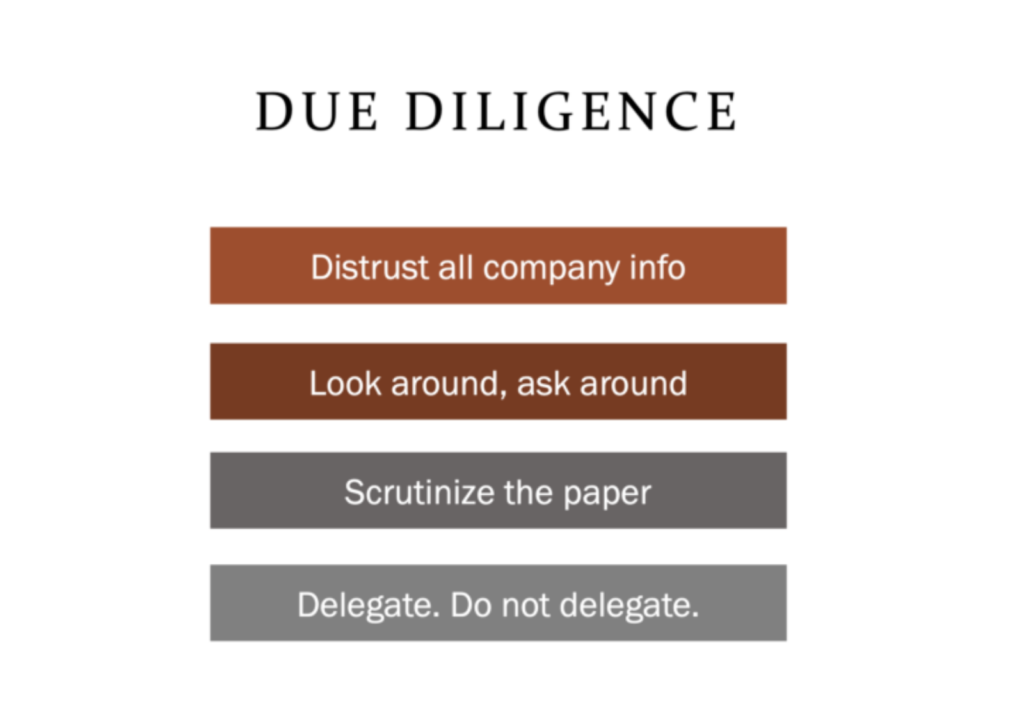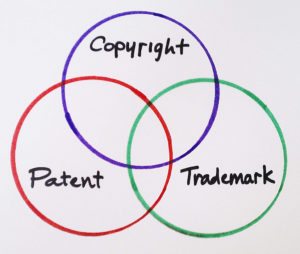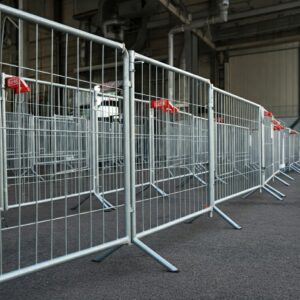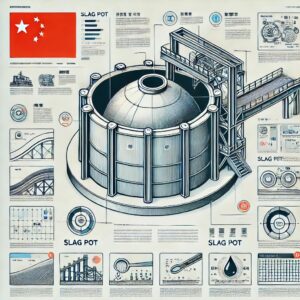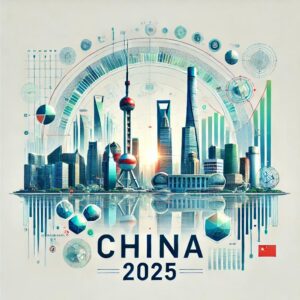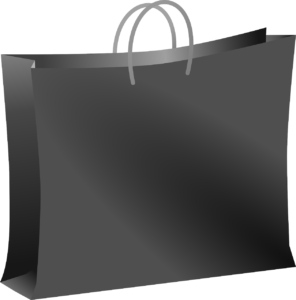I am obsessed with the ongoing Elizabeth Holmes/Theranos trial, in part because I personally knew Ms. Holmes (only barely) and in part because so much of what she is accused of doing, our China lawyers see all the time from Chinese companies.
Yesterday’s Wall Street Journal did an excellent piece on Ms. Holmes’ currently ongoing trial, entitled, What the Elizabeth Holmes Trial Is Revealing About Theranos. This article reads like a primer on the sort of things Chinese companies do to deceive their foreign counterparts — i.e. YOU. There is nothing Theranos is accused of having done that our China lawyers have not seen countless Chinese companies do.
In fact, most of what Theranos is accused of having done, our China lawyers assume Chinese companies do or will do and we draft our contracts and coach our clients accordingly. Of course, not all Chinese companies, do these things, but it makes sense to have protections against these things in place.
The Wall Street Journal article sets out how Theranos allegedly deceived and defrauded its patients and investors by engaging in the following tactics.
1. Forged documents
Ms. Holmes allegedly falsely told investors that Theranos’s technology had been validated by 10 of the 15 largest pharmaceutical companies, a claim the prosecutor in Ms. Holmes’ case says was false. The prosecutor showed jurors a document with a Pfizer company logo on it that Ms. Holmes allegedly used to convince investors of Pfizer’s support for Theranos. But per the prosecutor, “Pfizer did not write this. Pfizer did not put its logo on this. Pfizer did not give its permission to put its logo on this. Pfizer did not make the conclusions in this report.”
In most of the talks I give on China, the above picture is one of my PowerPoint slides. Note how it says “distrust all company [provided] info” and “scrutinize the paper.” I then invariably talk about how everything can and is faked in China, especially documents. Back in 2015, In China: Where Even The Lawyers Are Fake, I wrote of Chinese companies’ penchant for fakes:
Drugs, money, razor blades, cigarettes, food, colleges, shoes, music, auto parts, Starbucks stores, software, purses, and even Playboy bunnies. China has counterfeited all of these things. Approximately 90 percent of counterfeit goods seized at the U.S. border come from China. None of this shocks anymore.
But are you aware of fake China law firms?
These “firms” mostly take money to file for trademarks and copyrights in China or to draft China manufacturing or employment contracts. Then they disappear.
Most of the above included faked documentation our law firm has seen a ton of this. Years ago, our international litigators worked on lawsuits involving the sale and delivery of food that involved a (1) non-existent company (with fake documents), (2) non-existent food (with fake documents), and (3) a non-existent delivery (with fake documents). Had anyone scrutinized the documents and done even basic research before paying millions of dollars for the food, they would have discovered that there was no company, that the ship that was to carry the food was not nearly big enough to carry the food and was sitting in a port in Cambodia and completely out of service, and that pretty much everything else about the documents screamed “fake” as well, including that the phone number of the alleged Chinese company was a Korean phone number.
Our law firm had another China matter involving a non-existent London investment bank whose purported address was a Blimpie restaurant – I kid you not.
So yeah, documents can and often (usually?) are faked by Chinese companies. Which is why their documents must always be scrutinized.
2. Desperate Companies do Desperate Things
The prosecutor in the Theranos case is alleging that Theranos hid from investors that it was incurring massive losses, gave “far rosier revenue projections” than warranted, and would talk about “profitable business relationships” that either did not exist or were not nearly as profitable as claimed.
Our China lawyers constantly see these same sorts of things from Chinese companies. The below are just a very small sampling of the sort of things our international due diligence reports have revealed about Chinese companies:
1. A Chinese company claimed to be a big airplane manufacturer but our basic due diligence revealed that it had made only socks. Not kidding.
2. A Chinese company claimed to have 3500+ retail shoe stores throughout China but it had three.
3. A Chinese company that claimed to be “tight” with Chinese government officials had incurred massive fines in the last year and was on the verge of being shut down by the government.
4. A Chinese company that touted its “reliability and reputation” was enmeshed in about a dozen lawsuits alleging breach of contract and/or unfair business practices.
5. A Chinese company that claimed to have factories in eight different locations was actually a Hong Kong consulting company that appeared not to own anything at all.
Give me a few days and I and the other China lawyers at my law firm could probably come up with 95 more similar examples to get us to one hundred. Yes, it is that bad and the onslaught of COVID has only made things that much worse.
3. How to Avoid a China Theranos
The sorts of things your company should do to avoid a “China Theranos” or a considerably smaller scale fraud/scam will depend on what you are doing. A $500 million M&A transaction involving subsidiaries and multiple locations should involve considerably more due diligence than a $500,000 series of widget purchases. But there is some basic due diligence that should be conducted on every Chinese company with which you are doing or looking to do business, and this due diligence should be done before you pay anyone anything.
In On the IMMEDIATE Importance of China Manufacturer Due Diligence, Arlo Kipfer (our lead lawyer on most China due diligence matters) wrote that the “bare minimum due diligence on your potential China partner should include the following:”
1. Obtain the Chinese manufacturer’s actual Chinese company name. This can then be verified by comparing it with the company’s business license.
2. Check with the official Chinese government registry to see if your Chinese manufacturer has actually been registered as a Chinese company.
3. Check your Chinese manufacturer’s capitalization to see if it is sufficiently large enough and well-funded enough to handle your proposed deal.
4. Check the Chinese company’s corporate officers and shareholders to see if they have any conflicts of interest by owning other companies. This is actually quite common and oftentimes explains why they are insisting on you using certain sub-suppliers.
5. Check the Chinese company’s current operational status: Open, Irregular Operations, or Revoked. I recently found that my client’s potential Chinese business partner’s company (unbeknownst to the client) had been placed on the “irregular operations” (经营异常名录) list by its district’s Market Supervision and Administration Bureau. The reasons for a company being flagged as such are often because of financial difficulties and mismanagement. You do not want to do business with such a company because the consequences of a company being flagged as having abnormal operations include:
-
- Banking accounts and activities being restricted or frozen.
- Services and licensing provided by government bureaus being restricted or prohibited.
- Administrative penalties being imposed. For example, a failure to notify the Bureau of a change in registered address carries a fine of RMB 10,000 to 100,000.
- The individuals in charge of the company being restricted. Additionally, if the company has been flagged for three years, it will be placed on the list of companies that have seriously violated the law (重违法企业名单).
Arlo was writing about Chinese manufacturing companies, but what he says applies pretty much across the board to all Chinese companies and, in fact, to all companies anywhere in the world. See Foreign Company Due Diligence Reports.
What China frauds/scams have you seen? What do you do to avoid these? How has COVID impacted what you are seeing by way of China company fraud/scams and how has it impacted how you try to protect against these?










